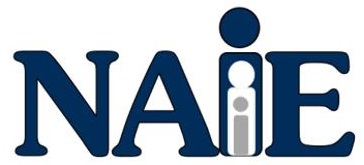The Supreme Court’s unanimous decision in Perez v. Sturgis County School System, issued on March 21, 2023, has significant implications for students with disabilities, especially those in the Deaf community. The ruling supported Miguel Luna Perez’s claim that public schools can be held accountable under the Americans with Disabilities Act (ADA) for failing to provide qualified interpreters, thereby infringing on the right to a free and appropriate public education.
The decision highlights the importance of ensuring that students with disabilities, particularly Deaf children, have access to qualified sign language interpreters in educational settings. The Registry of Interpreters for the Deaf (RID) and the National Association of Interpreters in Education (NAIE) recognize and advocate for the rights of Deaf children to receive proper language support and education.
Educational interpreting requires specialized skills and knowledge of American Sign Language, English, interpreting, and education to provide effective communication access for Deaf students. It is crucial that interpreting programs in colleges and universities acknowledge educational interpreting as a specialized and advanced realm and equip interpreters with the necessary training to work in educational settings.
The decision also emphasizes the need for all 50 states to regulate standards for educational interpreters in K-12 schools. Holding school districts and interpreters accountable to high-performance standards and ethical practices will minimize harm to Deaf consumers and ensure quality education.
NAIE and RID advocate for the use of certified or credentialed Deaf Interpreters, who play a vital role in the educational team by modeling native ASL and cultural competency for Deaf children. These interpreters enhance the educational, psychological, cognitive, and social-emotional benefits received from interpreting services.
To improve educational access for Deaf students, it is essential to recognize educational interpreters as professionals who require appropriate credentials. School districts must ensure that interpreters are qualified and capable of providing communication access as part of a child’s free and appropriate public education.
Overall, the Perez v. Sturgis County School System decision reinforces the rights of students with disabilities to accessible education and underscores the critical role of qualified interpreters in achieving this goal. RID and NAIE remain committed to promoting best practices and professional standards to ensure equitable access to education for Deaf, hard of hearing, and deafblind students.
Read more here.
